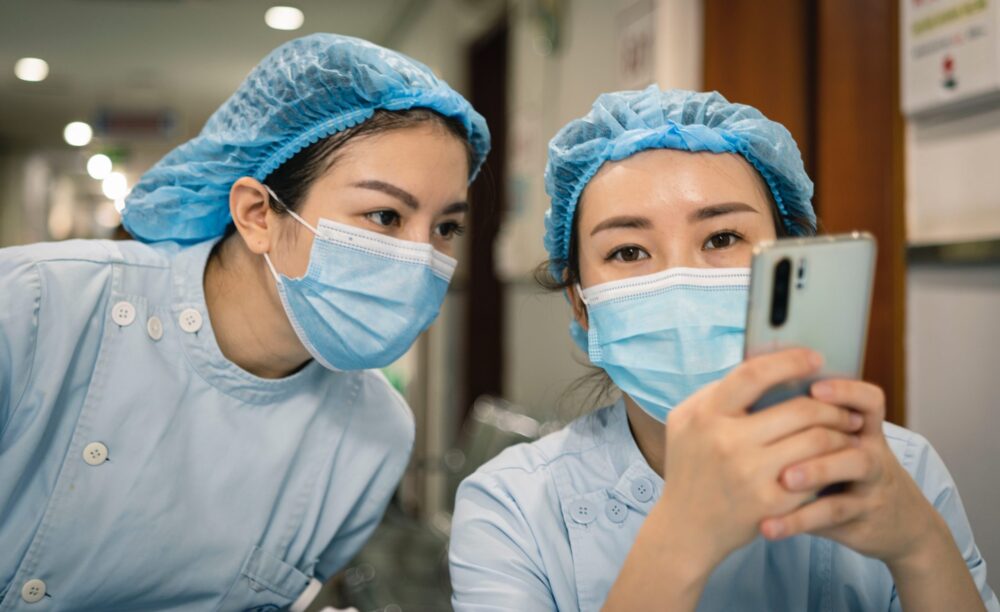

Four in ten women in both the West Midlands and Greater Manchester say their mental health has got worse since the coronavirus pandemic started
The number of those struggling or feeling worse off financially has risen
In partnership with the Fawcett Society (the gender equality campaigning charity) and West Midlands Women’s Voice (who promote the role of women in the emerging political and economic climate), we’ve taken an in-depth look at how COVID-19 has specifically impacted women in these areas.
The data shows that four in ten women in the West Midlands (37%) and Greater Manchester (39%) say their mental health has got worse since the COVID-19 pandemic started. Looking deeper into different demographics, the figures show a bleak picture among women the DE category in particular, with the figure rising to 45%.
Women in these areas believe that local action should be taken to tackle the impacts of mental health, and concerns about job security as a result of coronavirus. Many want more local support, with almost half (47%) of women in each area saying they would be likely to use local high street ‘pop up shops’ for mental health support if they existed. Younger women, BAME women and parents are even more likely to be interested in this type of support.
The number of those struggling or feeling worse off financially has risen. In the West Midlands, the figure has risen from 16% to 27% throughout the lockdown period, with Greater Manchester showing a similar increase from 18% to 29%.
Part of this is likely to be the knock-on effect of job losses and reduced income due to the furlough scheme introduced by the government, which only pays up to 80% of your salary. And women in these areas aren’t feeling positive about future job prospects, with a fifth in the West Midlands (20%) and Greater Manchester (21%) saying that they believe their employability has worsened.
Many have considered retraining into health and social care (47% in the West Midlands and 44% in Greater Manchester). A significant number say that they would be likely to use local pop-up skills and retraining centres if they were available in order to boost employability (44% in the West Midlands and 41% in Greater Manchester).
Job related impacts, such as reduced working hours and pay changes differ by ethnicity. In the West Midlands, 13% of employed BAME women have seen their pay change, compared with 5% of white women. In Greater Manchester, 14% of BAME employed women have experienced not just one but two changes to their work situation compared with just 6% of white women.
Additionally, those experiencing furlough differs by demographic. A fifth of women in the West Midlands (21%) and Greater Manchester (22%) have been furloughed overall. More DE category women (33%) are on the scheme than AB category women (14%) in the West Midlands, and more low-income women (30%) compared with higher income women (19%) had been furloughed in Greater Manchester.
West Midlands Women’s Voice and Fawcett Society are calling for local authorities and councils to ensure women’s voices are heard in COVID-19 related decision making. In terms of policy changes, they are calling for the city region ‘Metro Mayors’, and local authorities, to provide support for retraining (particularly into health and social care) for women who are facing a job crisis, and to create local hubs to offer mental health aid that is accessible to women. They also want to see ethnicity pay gaps factored into local industrial strategies.
This survey was conducted among 1,002 women aged 18+ in the West Midlands and 1,017 women aged 18+ in Greater Manchester, via an online panel, between the 23rd June 2020 and 1st July 2020. The data was weighted to be representative of the local female sub-regional population by sub-region, age, and ethnicity. Full data tables can be accessed here.



